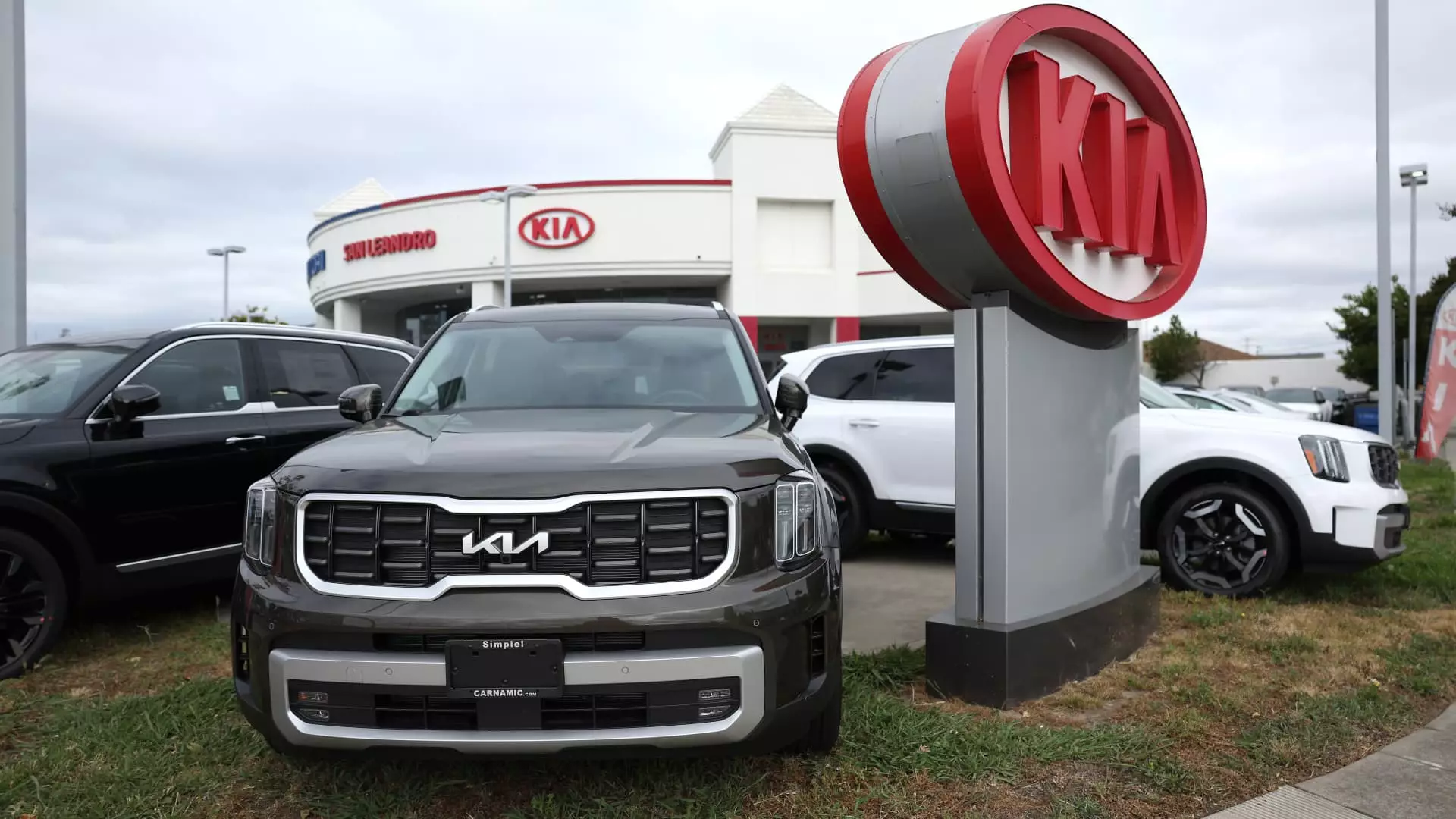The automotive industry in the United States is poised for a slight increase in new vehicle sales in 2024. After grappling with the impact of the COVID-19 pandemic and supply chain disruptions, the sector is gradually normalizing. Forecasts from leading automotive data firms project a year-over-year growth rate of between 1% and 4%, resulting in an estimated total of 15.6 million to 16.1 million vehicles sold. Although this rebound is promising, it remains below the peak sales figures witnessed in 2019, when over 17 million new cars and trucks were sold domestically.
Potential Benefits for Consumers and the Economy
A modest rise in U.S. vehicle sales could offer benefits to both consumers and the overall economy. Increased production and availability would alleviate recent concerns about vehicle affordability, which have been exacerbated by inflation, high interest rates, and record-high prices of new vehicles. With the normalization of the automotive industry, consumers can look forward to greater inventory and enticing deals in the year ahead. However, the anticipated continuation of high interest rates in 2023 might pose conflicting market dynamics, potentially impacting consumer demand.
The Pricing Power of Automakers
Edmunds, a renowned automotive insights firm, suggests that automakers have reached the peak of their pricing power. As inventory improves, incentives are reintroduced to stimulate the market. Consequently, investors may regard increased sales positively, but the accompanying decrease in prices and rising incentives could pose challenges for automakers and dealers who have experienced record profits in recent years. The question for automakers in 2024 is whether they will be content with the supply-demand equilibrium or if they will strive to approach pre-pandemic sales volumes.
When comparing projected U.S. growth to the global auto industry, S&P Global Mobility forecasts a 2.8% year-over-year increase in worldwide auto sales. However, the focus remains on the U.S. market, where any sales growth in 2024 would mark the first sequential recovery since 2015-2016. S&P’s U.S. sales forecast is one of the most optimistic, estimating sales reaching 15.9 million units in 2024, reflecting an approximate 2% increase from the projected 15.5 million units in 2023.
GlobalData, the entity that acquired LMC Automotive, predicts a nearly 4% rise in U.S. new vehicle sales, reaching 16.1 million units. On the other hand, Edmunds expects a more conservative figure: 15.7 million new cars and trucks to be sold in 2024, a marginal increase of roughly 1% compared to the estimated sales of 15.5 million vehicles in 2023. Cox Automotive, providing the lowest estimate, anticipates 15.6 million vehicle sales, primarily driven by fleet or commercial sales, with retail sales expected to remain mostly flat.
The outlook for U.S. vehicle sales in 2024 points toward a gradual recovery. The industry is slowly bouncing back from the challenges posed by the COVID-19 pandemic and supply chain disruptions. While some automotive data firms project a modest growth rate of up to 4%, it is important to note that these figures still fall short of pre-pandemic levels in 2019. The anticipated increase in sales would be the first sequential recovery observed in several years, indicating progress in the sector. However, uncertainties remain due to factors such as high interest rates and the potential impact of macroeconomic conditions on consumer demand.
As the automotive industry moves forward, it will be crucial for automakers, suppliers, and dealers to navigate the evolving market dynamics effectively. Adapting to the supply-demand equilibrium while addressing pricing concerns will be vital for sustaining profitability. Ultimately, the recovery of the U.S. vehicle sales market in 2024 will depend on various factors, including the ability of the industry to strike a balance between meeting consumer demands and maintaining sustainable growth.

Leave a Reply